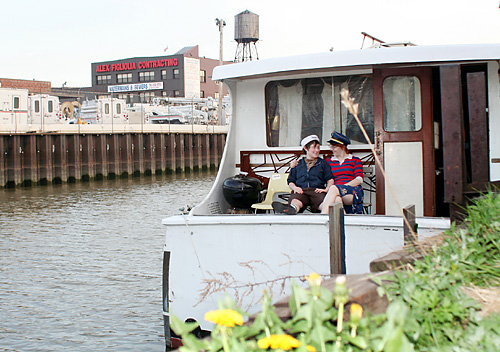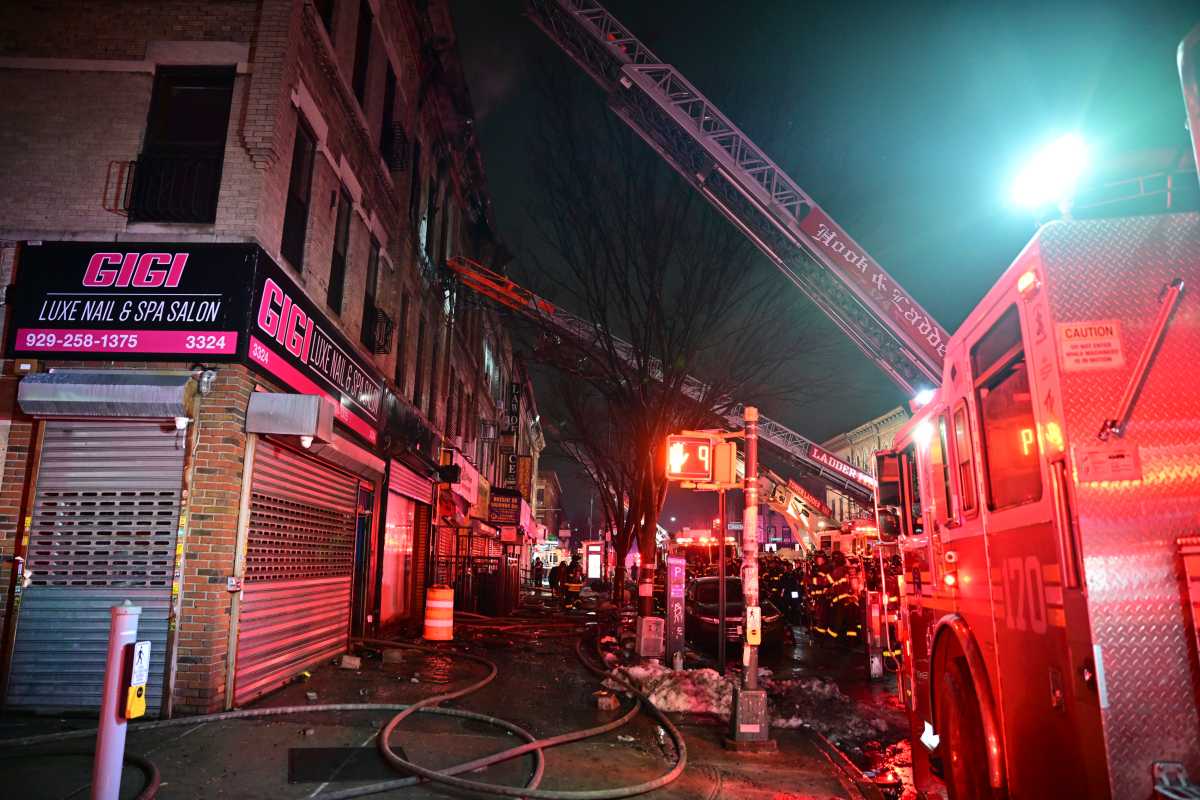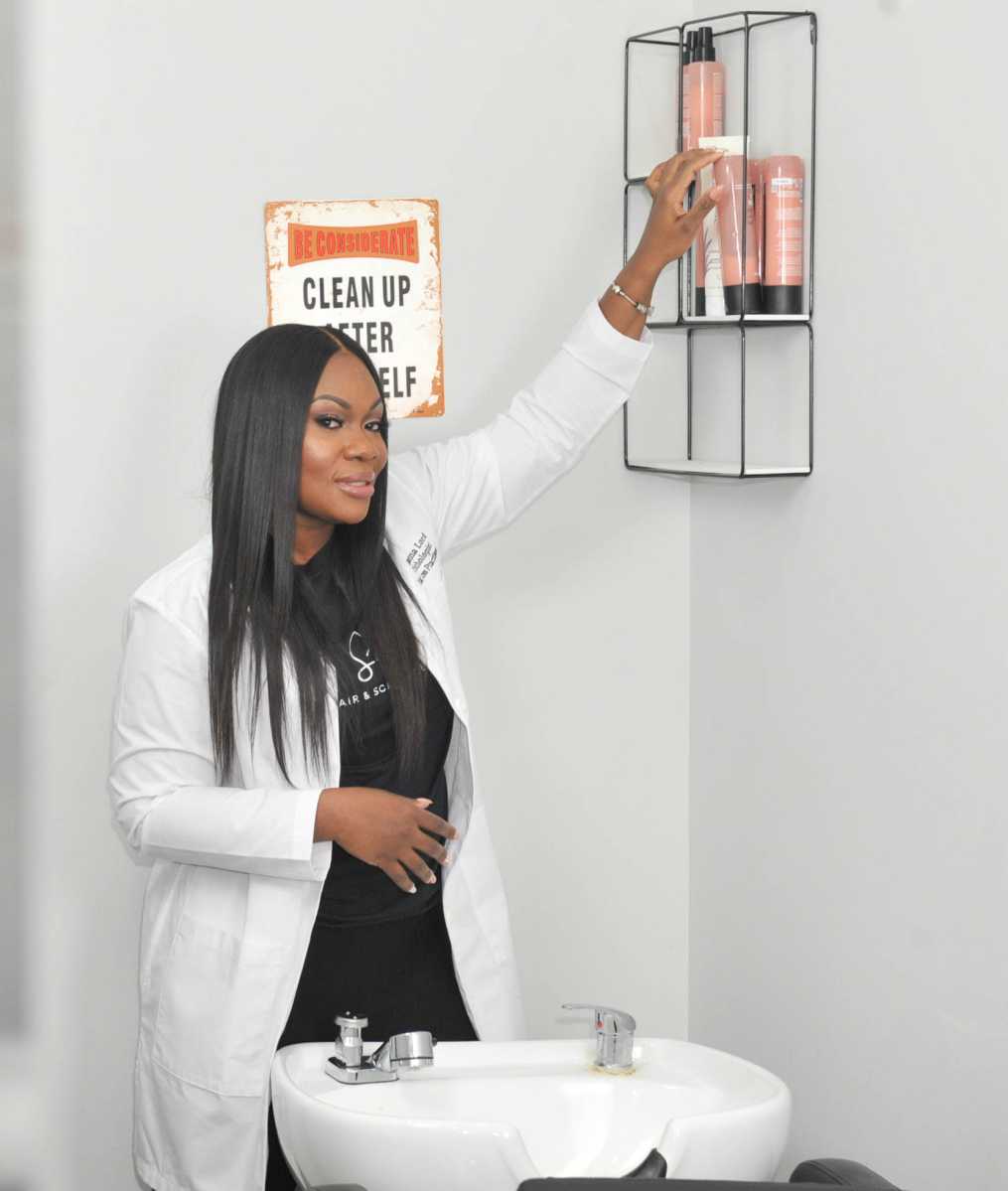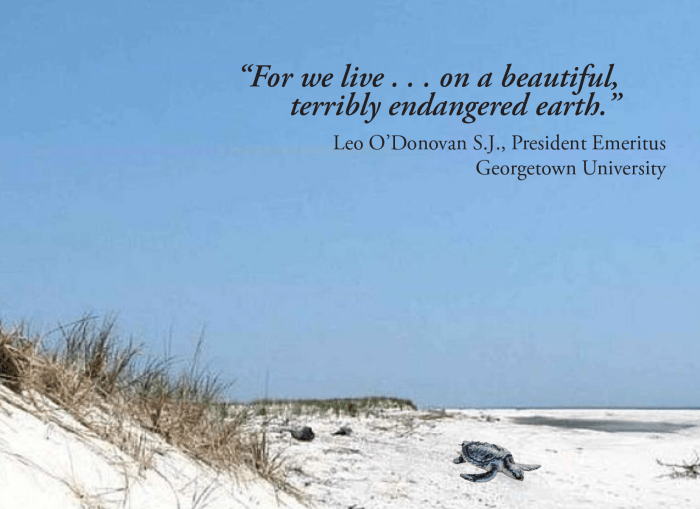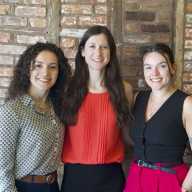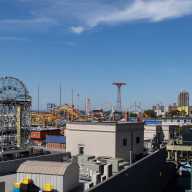Behind a locked gate at the end of a dead-end street, a tiny community of houseboats is growing on the banks of Lavender Lake. Its owners — four people on three boats — believe that their watery ways could help New York in its quest for sustainability.
“You can’t ignore how much waste you are creating when you have to carry it onto land yourself,” said Sasha Porter, who owns a former World War II rescue boat she and her partner Megan Hessenthaler call “Eco-Ark.”
They don’t technically live on the floating one-bedroom — most recently home to the Empty Vessel Project art collective — which sits between Union and Carroll streets. But they do spend a lot of time there, almost entirely off the grid. They have a circa-1924 icebox, a small electricity generator and a wood-burning stove they imported from a friend’s cabin in Maine. They have no running water.
Their toilet consists of a beige, plastic seat and a sawdust-filled bucket.
Each time one waste bucket fills up, Porter and Hessenthaler move it to a small closet in the head of the boat and eventually, cart it away. Soon, the pair plans to begin composting the sawdust-coated poop and using it as soil for a flower garden.
“When you compost human waste, it loses 90 percent of its mass,” Porter said, sitting in a deck chair on the rear helm of the boat and looking out as her backyard shimmered alongside the boat (is that a rainbow or an oil slick? Tough to say along the Gowanus).
The composing plan is just one of the duo’s many green dreams for Eco-Ark.
Recently, they also began to work on designs for a solar-powered freezer and a water- conserving device that would catch rain in a roof basin made of old umbrellas.
“We want to be a lab for sustainable design,” said Porter, a 26-year-old cabinet-maker.
Including the cost of their limited utilities, Porter said she and Hessenthaler pay about as much for their Gowanus hideaway as they did in their old digs in Williamsburg.
While the legality of the floating one-bedroom is about as murky as the canal itself, Porter and Hessenthaler are hoping that city officials will someday allow them to get permits to actually live on the boat.
By doing so, they say, they can serve as a model for affordable, eco-friendly housing in a space-strained city.
Of course, that’s the long-term plan. In the short term, the couple will have to lift anchor this summer, when the city turns off the turbine that brings fresh water into the canal.
The coming stench is more than even these boat people are willing to endure.


